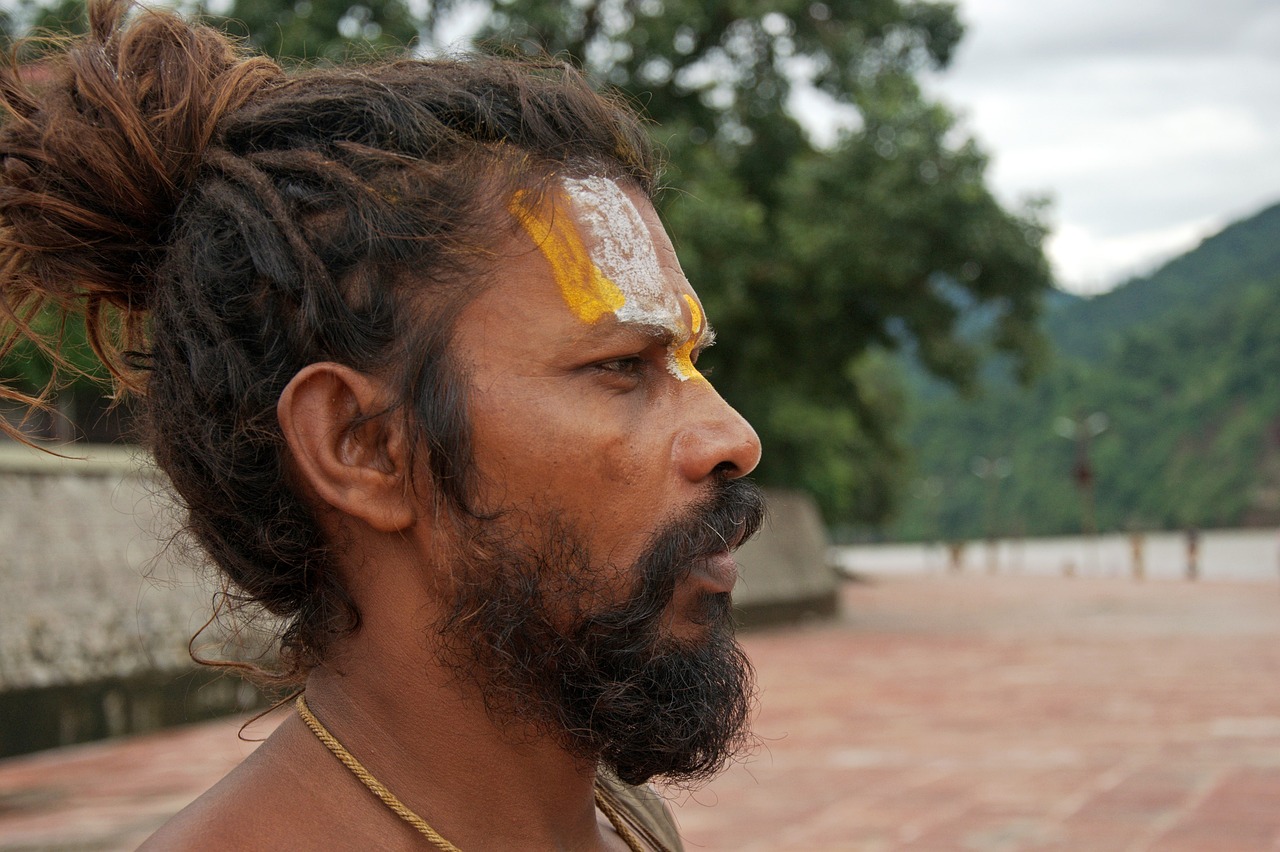The Influence of Pop Culture on Political Discourse and Election Outcomes
Celebrity endorsements have become a ubiquitous feature of modern politics, with high-profile figures lending their influence to political candidates in an effort to sway public opinion. The allure of celebrity culture has transcended traditional boundaries, making it a powerful tool for politicians seeking to reach a wider audience and connect with voters on a more personal level. Through the lens of fame and popularity, celebrities can help shape the public’s perception of a candidate, often overshadowing policy platforms and experience in the eyes of the electorate.
The rise of social media platforms has further facilitated the integration of celebrity endorsements into the political landscape, providing a direct line of communication between stars and their millions of followers. Politicians leverage the massive reach of celebrities on platforms such as Instagram, Twitter, and TikTok to amplify their messages and appeal to younger demographics. This direct access to voters through social media has blurred the lines between traditional political campaigning and the realm of entertainment, leading to a new era where celebrity endorsements hold significant sway in shaping public opinion and influencing electoral outcomes.
Impact of Social Media on Shaping Public Opinion
Social media platforms have become powerful tools in influencing public opinion on political matters. With the ability to reach millions of users instantly, social media plays a significant role in shaping discourse and driving conversations around various political issues. The easy accessibility and user-friendly interface of these platforms make them a preferred choice for individuals to engage with political content and form opinions.
Moreover, social media allows for the rapid spread of information, both accurate and misleading, contributing to the polarization of public opinion. This speed and reach amplify the impact of a single post or tweet, making it crucial for users to critically evaluate the sources and credibility of the information they encounter. The interactive nature of social media also encourages users to engage in discussions, share their views, and participate in online debates, further influencing the shaping of public opinion on political matters.
The Role of Satirical Shows in Critiquing Political Figures
Satirical shows have gained significant popularity in recent years for their ability to critique and satirize political figures. These shows, often combining humor with sharp commentary, provide a platform for the audience to see politicians in a more light-hearted and critical perspective. Through the use of satire, these shows are able to effectively highlight the flaws, hypocrisies, and controversies surrounding political figures, offering a unique form of political analysis that appeals to a wide audience.
Moreover, satirical shows play a crucial role in holding political figures accountable for their actions and decisions. By using humor and irony, these shows can point out the absurdities and inconsistencies within the political sphere, making audiences question the integrity and sincerity of those in power. In a time where political discourse is often polarized and partisan, satirical shows offer a refreshing and alternative way to engage with politics, encouraging viewers to think critically and reflect on the complexities of the political landscape.





